Überblick
The study of domestic culinary traditions provides a new means for investigating indigenous African interaction between early Iron Age complex societies. This is a particularly important subject, as studies have often emphasised external connections with the Mediterranean, Near Eastern, and Arabian worlds (through elite media, monuments, formal trade, etc.). The Connecting Foodways project employs a perspective which instead focusses on the degree to which African foodways and inner-African interaction were part of day to day non-elite lifeways.
Our research focuses on the analysis of ceramic cooking vessels, being the most ubiquitous aspect of ancient culinary traditions. Core analytical techniques, including the investigation of vessel form, fabric, manufacture, and use traces, are applied to study cooking technologies. This is combined with newly developed laboratory approaches, such as the analysis of lipids (ORA) and starch residues, and complemented by botanical and faunal remains to provide evidence of processed foodstuffs.
This analysis of form and function in handmade cooking vessels provides a unique and innovative approach to the study of regional interaction and cultural transmission, which has typically focused on the style and decoration of fine ware ceramics, raw materials, or prestige goods.

